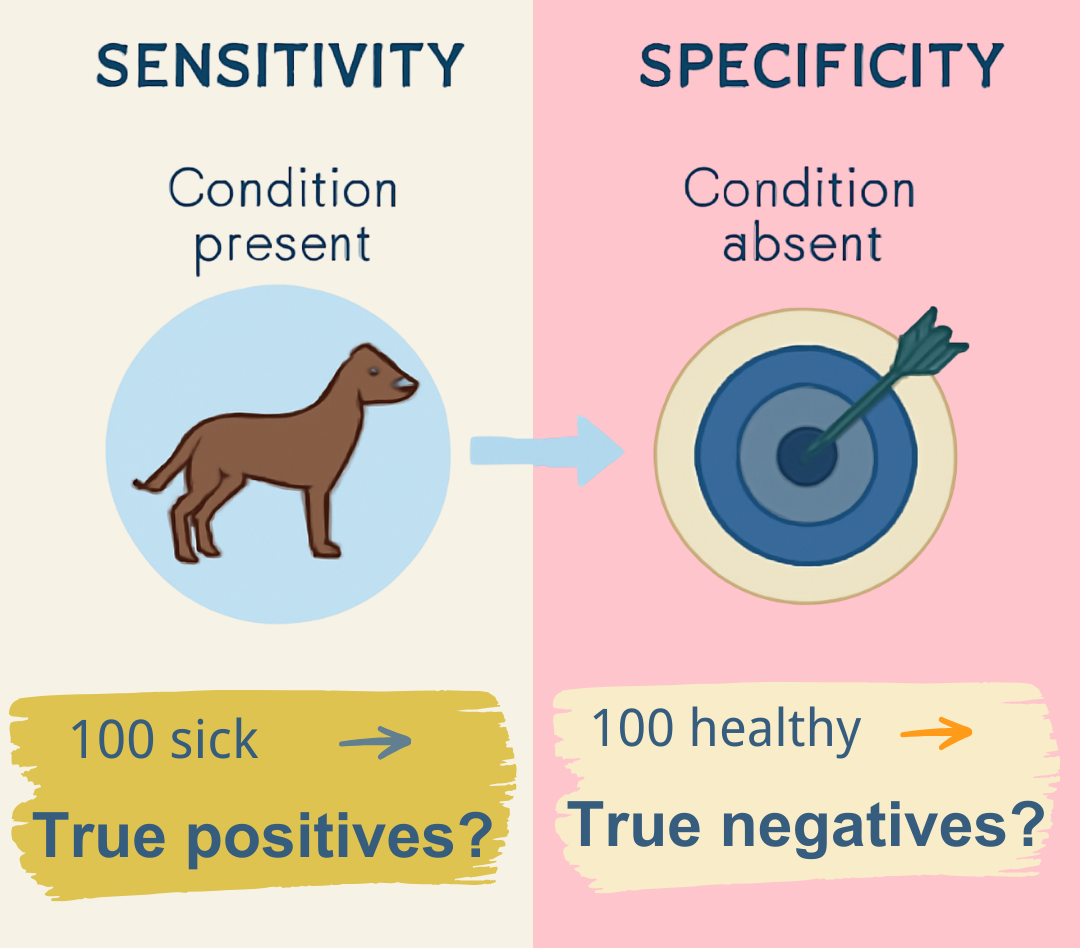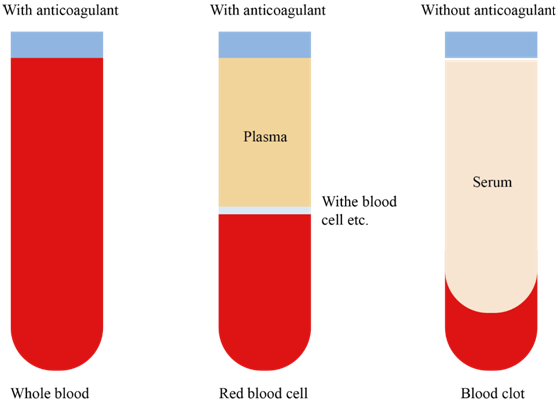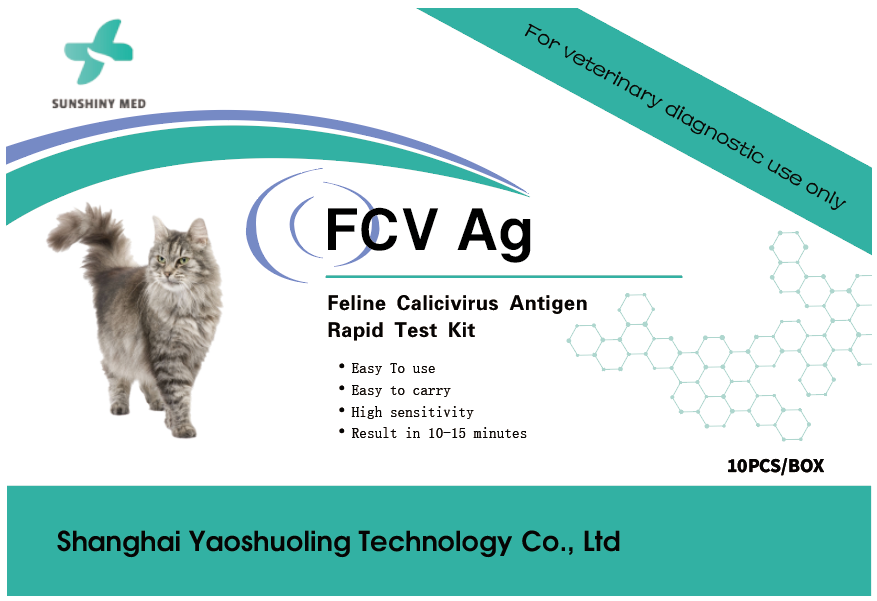Canine Coronavirus | Easy Management Without Anxiety
- What is Canine Coronavirus?
Canine coronavirus disease is
an acute gastroenteritis in dogs caused by canine coronavirus (CCoV). Its main
symptoms include vomiting, diarrhea, and
dehydration. The virus is not species-specific and can infect dogs of all
ages. CCV infections show clear seasonal patterns, with higher prevalence in
early spring, late autumn, and winter.
- Transmission Routes
The primary sources of
infection are the feces of infected or carrier dogs and contaminated water. The
virus enters susceptible dogs through the fecal-oral route and reaches the
duodenum within two days of infection. Generally, CCV has low lethality on its
own. However, it severely damages NK cells and regulatory T cells in dogs,
significantly weakening the host's immunity. When co-infected with canine
parvovirus or exposed to sudden temperature changes, transportation stress, or
other stressors, CCV can pose a fatal threat.
- Clinical Symptoms
Dogs infected with CCV
typically exhibit lethargy, vomiting, diarrhea, bloody stools, and abdominal
pain. Most infected dogs show little change in body temperature. In the early
stages, vomit consists mainly of undigested food, later turning into yellow
foamy or thick mucus. Severe diarrhea follows, with stools appearing pasty,
semi-liquid, or watery, often orange or green and containing mucus or blood.
Ultimately, dehydration or acidosis may occur. Puppies generally show more
severe symptoms than adult dogs. The disease course lasts 7-10 days, with some
puppies dying within 1-2 days of onset. Adult dogs usually recover within a week
with medication but may experience relapses.
- Clinical Treatment
There is no specific antiviral
treatment for CCV, so prevention is key. Preventive measures include daily
environmental cleaning to maintain hygiene. Strict disinfection of whelping
areas and mammary glands of carrier mother dogs is essential. Since CCV can be
vertically transmitted, pregnant dogs can be vaccinated to stimulate maternal
immunity, allowing puppies to acquire antibodies through milk and enhance their
immune defenses. If an infected dog is identified, immediate isolation is
necessary. Feces, kennels, and contaminated objects should be disinfected to
block transmission. Affected dogs should receive symptomatic treatment.
Yaoshuoling’s Canine Coronavirus Rapid Diagnostic Test Kit, based on ELISA technology, enables fast and convenient detection of
the virus. This helps veterinarians and pet owners take early preventive
measures and initiate timely clinical treatment for infected dogs.





